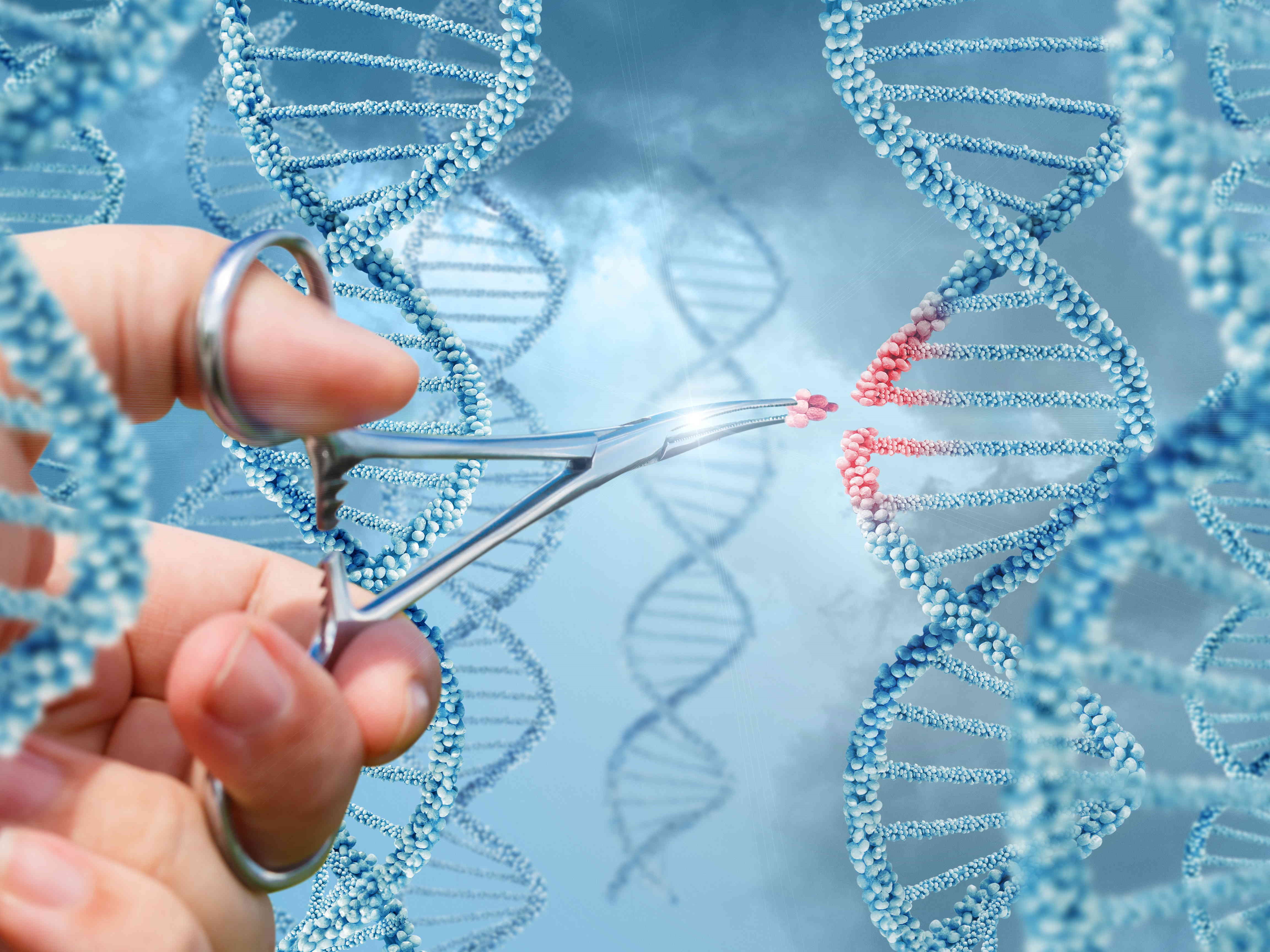Research
In phase 2 (2025-2028) ITINERARE aims to develop and implement novel therapies for paradigmatic genetic disorders affecting multiple organs. It will also continue to characterize mechanisms of disease using powerful in vitro and in vivo models. In parallel, ITINERARE will establish a broad ethico-legal and educational framework, encompassing interdisciplinary expertise to address societal issues associated with novel therapies. This inclusive strategy allows to focus on translational research for rare diseases and on the specific ethical, legal, and social issues (ELSI) underlying this under-researched field.
Grid containing content elements
- Primary aldosteronism
- Treatment of citrin deficiency by in vivo gene editing
- Tubulointersitial kidney disease
- Dent and Lowe syndrome
- Access to gene therapies and other innovative therapies for rare diseases: Ethical, IP and regulatory issues
- Remethylation Disorders
- Justice and vulnerability in research and therapy for rare diseases
- RareSim
- Epigenetic changes in remethylation disorders
- Ethical and psychosocial aspects
- Remethylation Disorders
- Swiss Rare Disease Registry
- Methylmalonic aciduria
- Human models of neurological lysosomal storage disorders
- Primary Immunodeficiencies (PID)
- Gene Therapy for Glanzmann Thrombasthenia
- Towards novel treatments for lysosomal storage disorder cystinosis
- Gene therapy for fatal neurodegenerative diseases
- Epidermolysis bullosa (EB)
- ITINERARE Junior Grants



